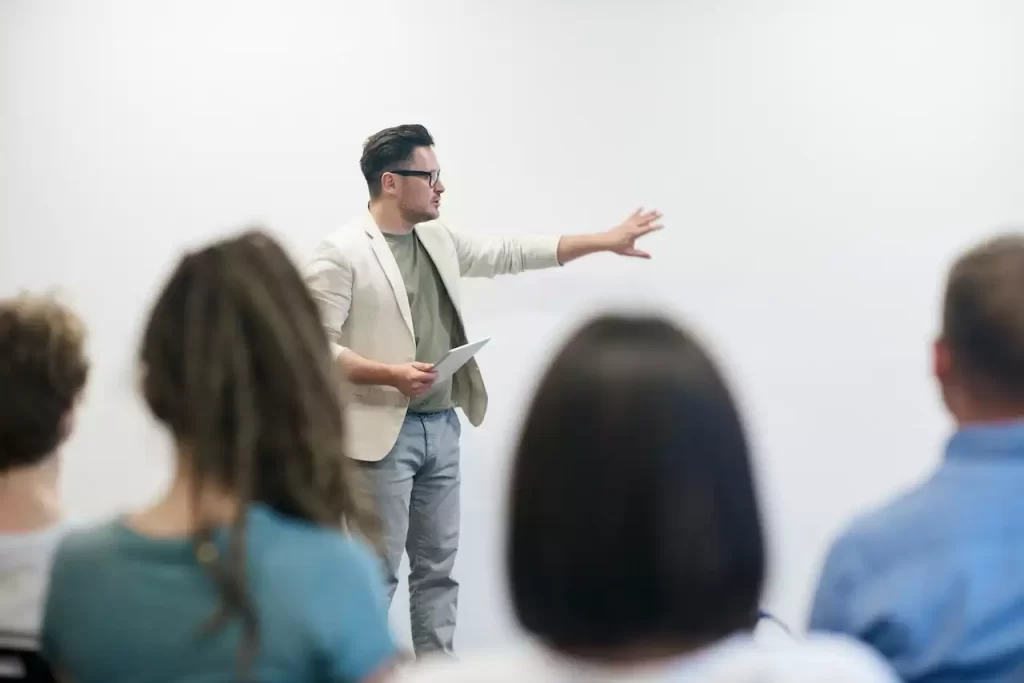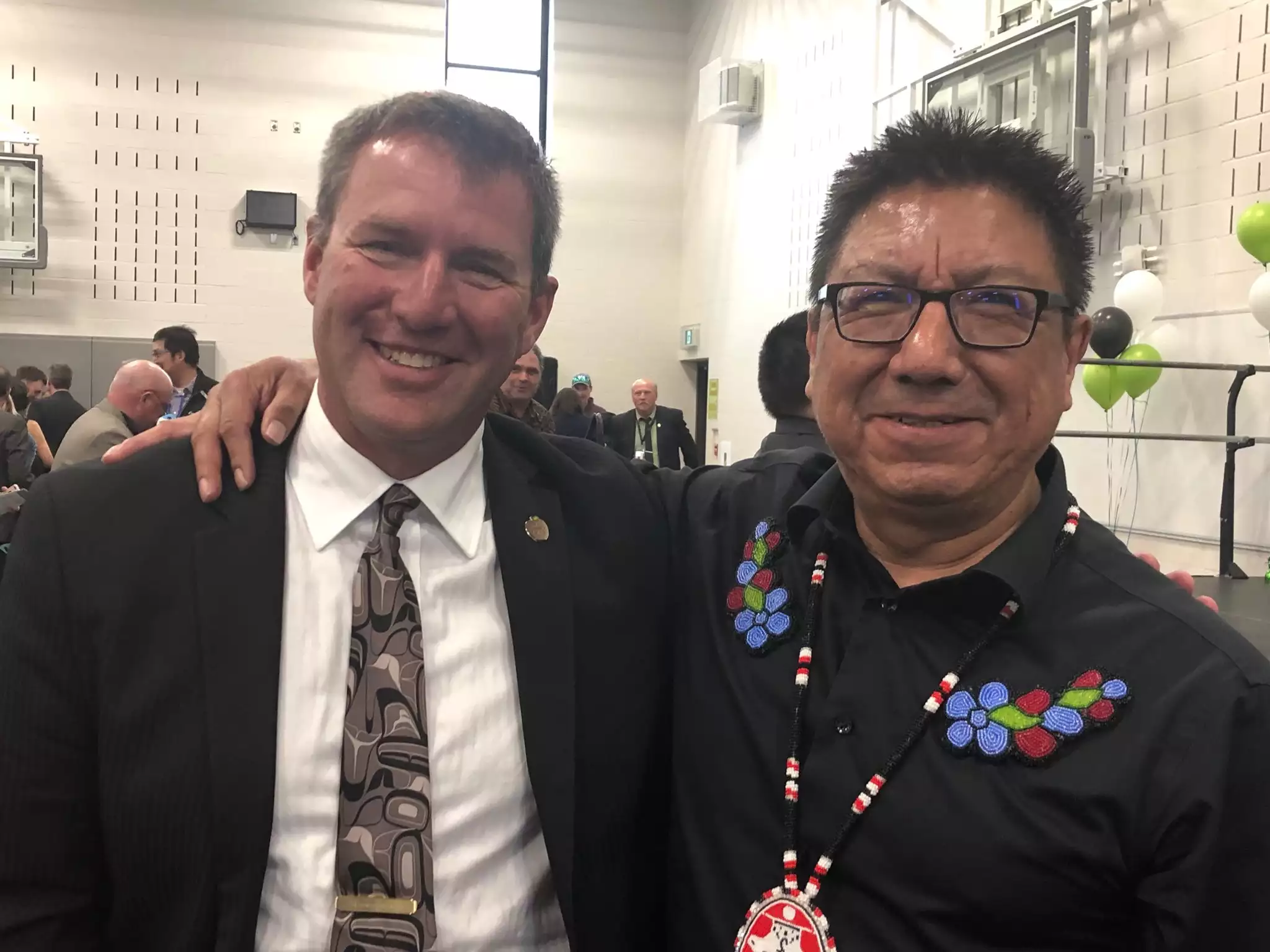In the quest for a more equitable and inclusive society, the role of education cannot be overstated. Education is the cornerstone upon which future generations build their lives, values, and perspectives. It has the power to either perpetuate inequalities or break down barriers, fostering a world where every individual has the opportunity to thrive. In this blog post, we’ll explore strategies for inclusive education, a vital path towards empowering the future.
Introduction
Inclusion in education goes beyond the physical presence of diverse students in the same classroom. It’s about creating an environment where each student, regardless of their background, abilities, or circumstances, feels valued, supported, and given an equal opportunity to learn and succeed. It’s a concept deeply embedded in the philosophy of Sean Monteith, a lifelong educator dedicated to improving the lives of marginalized students.
Understanding Inclusive Education
Before delving into strategies, it’s essential to understand the core principles of inclusive education. At its heart, inclusive education is based on the following principles:

1. Diversity is Celebrated
In an inclusive classroom, diversity is not merely accepted; it’s celebrated. Students from different backgrounds, abilities, and cultures bring a wealth of experiences and perspectives. Inclusion encourages the recognition of these differences as valuable assets.
2. Equity is the Goal
Inclusion strives for equity, not just equality. Equity means meeting each student’s individual needs, ensuring they have the necessary resources, support, and opportunities to thrive. It recognizes that students have varying requirements to reach the same goals.
3. Access to Quality Education for All
Inclusive education ensures that quality education is accessible to every student. It challenges systemic barriers and biases that hinder certain groups of students from receiving a fair education.
Strategies for Inclusive Education

Now that we’ve laid the groundwork, let’s explore some effective strategies to make inclusive education a reality:
1. Universal Design for Learning (UDL)
UDL is an approach that aims to meet the diverse needs of all students. It involves creating flexible curricula, materials, and teaching methods that can be customized to accommodate different learning styles and abilities. UDL promotes the idea that the curriculum itself should be designed to be inclusive.
2. Individualized Education Plans (IEPs)
IEPs are personalized plans developed for students with disabilities. These plans outline specific goals and strategies to support each student’s unique needs. Implementing IEPs ensures that students receive the tailored assistance required for their success.
3. Collaborative Teaching
Collaborative teaching involves educators working together to support diverse students. This can include co-teaching, where two teachers share the responsibility for instructing all students in the classroom, combining their strengths to meet individual needs effectively.
4. Social and Emotional Learning (SEL)
Inclusive education is not just about academic achievement; it’s also about emotional well-being. SEL programs help students develop essential skills like empathy, communication, and problem-solving. These skills are particularly valuable in creating a classroom environment where everyone feels respected and heard.
5. Professional Development
Equipping educators with the skills and knowledge necessary for inclusive education is crucial. Ongoing professional development can help teachers understand diverse learning needs and implement effective strategies.
Benefits of Inclusive Education

The implementation of these strategies doesn’t just benefit students with disabilities or those from marginalized backgrounds; it enriches the educational experience for all. Inclusive education has several advantages:
1. Fosters Empathy and Acceptance
When students are exposed to diversity from an early age, it fosters empathy and acceptance. They learn to appreciate differences and develop a broader perspective on the world.
2. Enhances Academic Achievement
Inclusive classrooms can improve academic outcomes for all students. With personalized approaches, struggling learners receive the support they need, while high achievers are challenged to excel.
3. Prepares Students for the Real World
In an inclusive setting, students learn essential life skills, such as communication and problem-solving, which are invaluable in the real world. They’re better prepared for the diverse workplaces and communities they will encounter.
Conclusion
Inclusive education isn’t just a noble aspiration; it’s a necessity for a more equitable and harmonious world. By celebrating diversity, prioritizing equity, and implementing strategies like UDL, IEPs, and collaborative teaching, we can create classrooms where every student has the opportunity to thrive. The benefits of inclusive education are not limited to academic achievement; they extend to a more empathetic, accepting, and prepared future generation. Sean Monteith’s lifelong dedication to education and the cause of inclusion continues to inspire us to strive for a world where everyone’s potential is recognized and nurtured.
As we embrace inclusive education, we’re not only shaping the future; we’re empowering it with the tools of acceptance, understanding, and opportunity.


